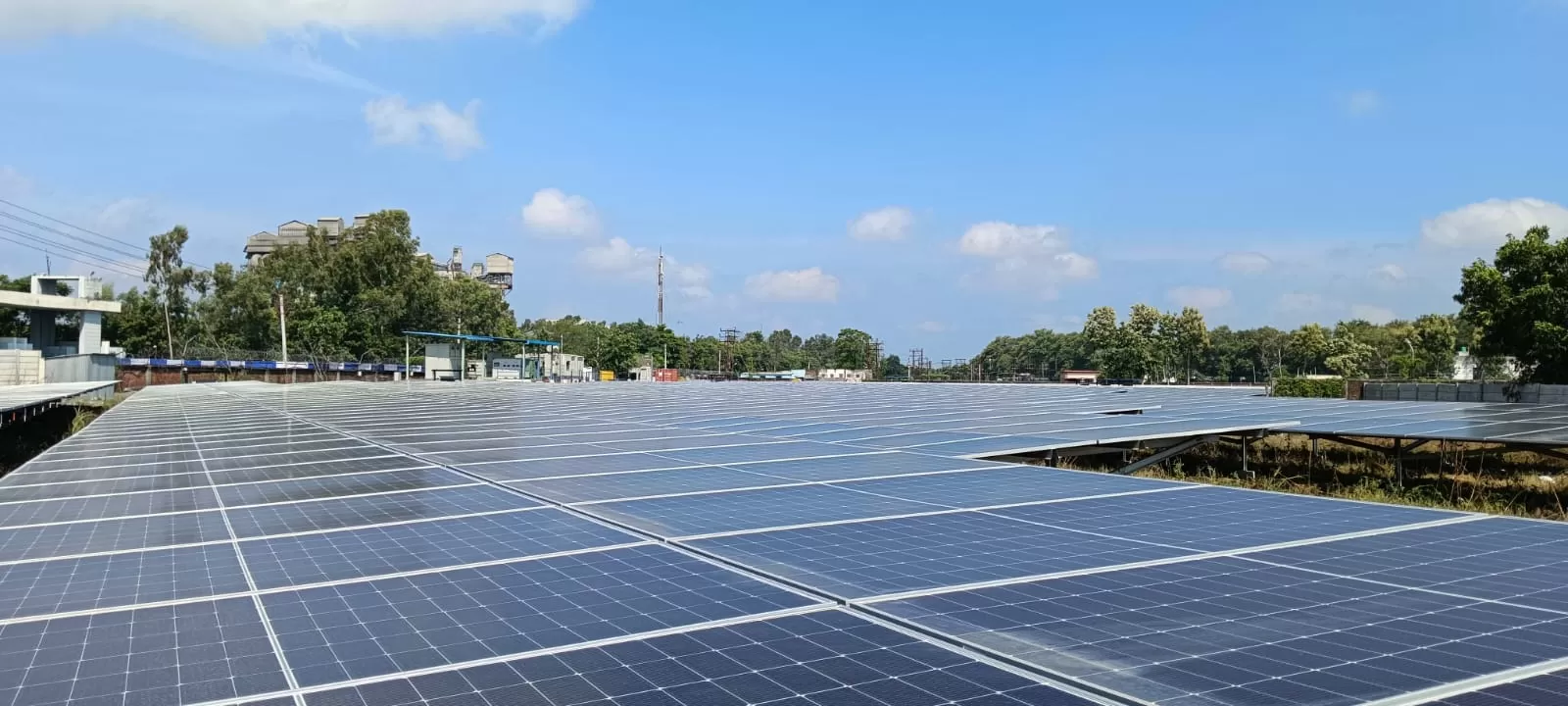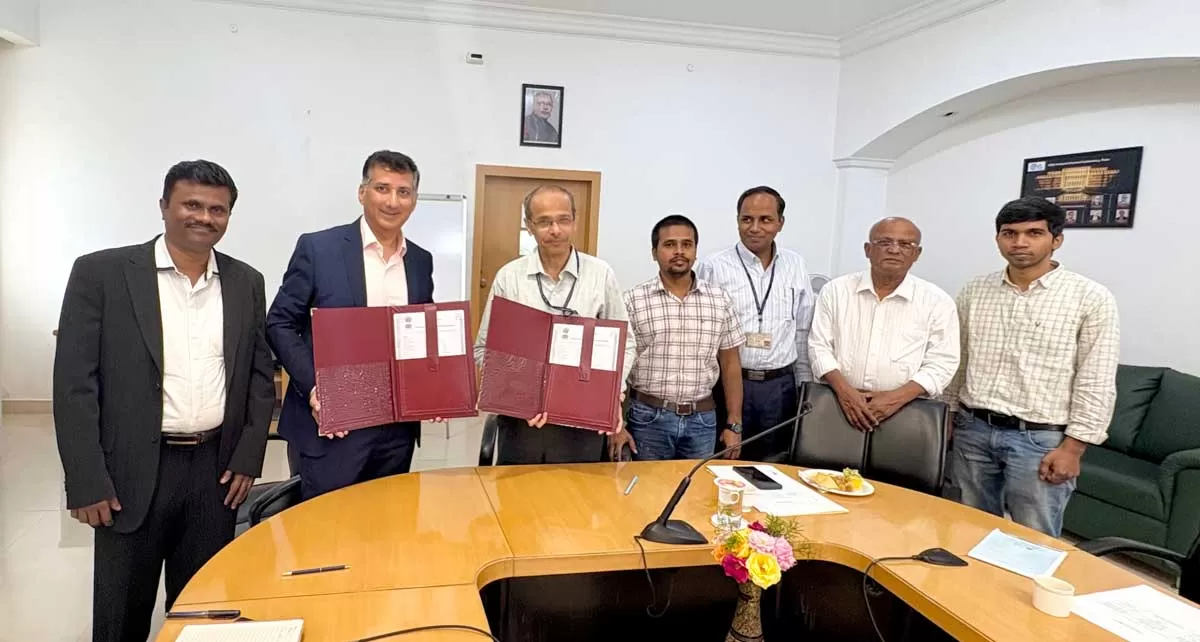ANIL S NAVALE examines the rights of builders and promoters on unsold flats and other ´common´ areas before and after the formation of a residential society.
It´s a never-ending debate, a doubt that always haunts buyers - the right of the builder in any particular project with regard to sold or unsold flats, parking areas, so-called common facility areas; his role in the formation of a society; his role and rights after the formation of the society towards the society formed and unsold flats or premises after the formation of the society.
According to law
The relevant acts or statutes that govern these issues are:
- The Cooperative Societies Act
- Maharashtra Ownership Flats (Regulation of the Promotion of Construction, Sale, Management and Transfer) Act, 1963
- Maharashtra Ownership Flats (Regulations of the Promotion of Construction, etc) Rules, 1964
- Development Control Regulations for Greater Bombay, 1991
- Maharashtra Apartment Ownership Act, 1970
- The Maharashtra Regional and Town Planning Act, 1966
- Transfer of Property Act
The law is settled that the builder´s right to sell unsold flats in the building remains unaffected both prior to and after the formation of the society. Another question is about his rights to sell the parking areas (covered and/or uncovered) and the relevant clauses and undertakings given or taken by the builder or promoter in the agreements or sale deeds of the flats. Time and again, promises are made but never fulfilled regarding parking spaces, special utility areas and common areas. Many a time, parking areas are promised as freebies along with the purchase of the flats, but such promises are not adhered to. Buyers are lured with promises of beautiful landscaped gardens and common utility areas at no extra charge. Is it true? Does anything come for free to the buyer? Also, does it come for free to the builder or promoter as well? There is always a buyer who wants full value from his hard-earned money and a builder or promoter who is trying to recover his costs from each and every inch of space of the plot purchased.
Although the laws are quite settled in each and every such aspect, their execution is manipulated time and again, leading to debates over the rights of buyers as well as builders or promoters.
Judgement call
A few excerpts from recent judgements passed by the Supreme Court of India and Mumbai High Court will clear most doubts in the mind of buyers.
A)The Supreme Court has upheld the order of the Mumbai High Court that parking spaces cannot be sold by the builder. They are a part of the common areas and the cost of that land has to be charged to all flat owners in proportion to their carpet area. (Nahalchand Laloochand P Ltd vs Panchali Cooperative Housing Society Ltd - JT 2010 (9) SC 414: 2010 AIR SCW 5549). In para 34 of the aforesaid judgement, the Supreme Court held: ô34. We have now come to the last question, namely, what are the rights of a promoter vis-a-vis society (of flat purchasers) in respect of stilt parking space/s? It was argued that the right of the promoter to dispose of the stilt parking space is a matter falling within the domain of the promoter´s contractual, legal and fundamental right and such right is not affected. This argument is founded on the premise, first, that stilt parking space is a ´flat´ by itself within the meaning of Section 2(a-1) and in the alternative that it is not part of ´common areas´. But we have already held that ´stilt parking space´ is not covered by the term ´garage´ much less a ´flat´ and that it is part of ´common areas´. As a necessary corollary to the answers given by us to question no. (i) to (iii), it must be held that stilt parking space/s being part of ´common areas´ of the building developed by the promoter, the only right that the promoter has, is to charge the cost thereof in proportion to the carpet area of the flat from each flat purchaser. Such stilt parking space being neither ´flat´ under Section 2(a-1) nor ´garage´ within the meaning of that provision is not sellable at all.¨
This clearly implies that the builder or promoter is legally allowed to charge the buyer for parking spaces, but not as an independent space. The builder is entitled to charge, but the said charges should be levied to each buyer along with the flat cost in proportion of the individual flat area. The same analogy applies to other common utility areas, which cannot be sold independently by the builder, but nor can they come for free to the buyer. This fortifies the builder as well as buyer in their individual capacities. Of course, the execution of the said observations is manipulated time and again and hence disputes arise. But the recourse to such disputes is available by approaching the courts or authorities for redress as provided in the statutes.
B) There is also clear provision in the law about the builder or promoter´s role in the formation of a society as well as his role and rights on unsold flats after the formation of the society and giving the occupancy certificate to flat owners. The Mumbai High Court order in Civil Revision Application No. 220 Of 2011 sheds light on the provisions about the rights of the builder or promoter for registering the society. As per Section 10 of the Maharashtra Ownership Flats (Regulations of the Promotion of Construction, Sale, Management and Transfer) Act, 1963 (MOFA), the builder or promoter shall take all necessary steps to register the society after a minimum quorum has been reached. Failing this, the members of the society are entitled to register the society under Rule 4 of the Maharashtra Cooperative Society Rules, 1961, framed under the Maharashtra Cooperative Societies Act, 1960 (MCSA). It is further stated, ôNothing in this section shall affect the right of the promoter to dispose of the remaining flats in accordance with the provisions of this Act.¨
This clearly implies that the builder or promoter is legally duty bound to take steps to register a society before the registrar once a minimum quorum is achieved, but the members or flat buyers can also get the society registered as per the provisions. It also clarifies that the rights of the builder or promoter over unsold flats remain unaffected with the society being formed or unformed.
It is evident: The law treats all equally, with provisions for the benefits of builders or promoters and buyers alike.
About the Author:
Anil S Navale, is a senior advocate with vast expertise in criminal, civil and property disputes and matrimonial, arbitration and IPR matters. The views expressed are his own and not to be construed as legal advice.























